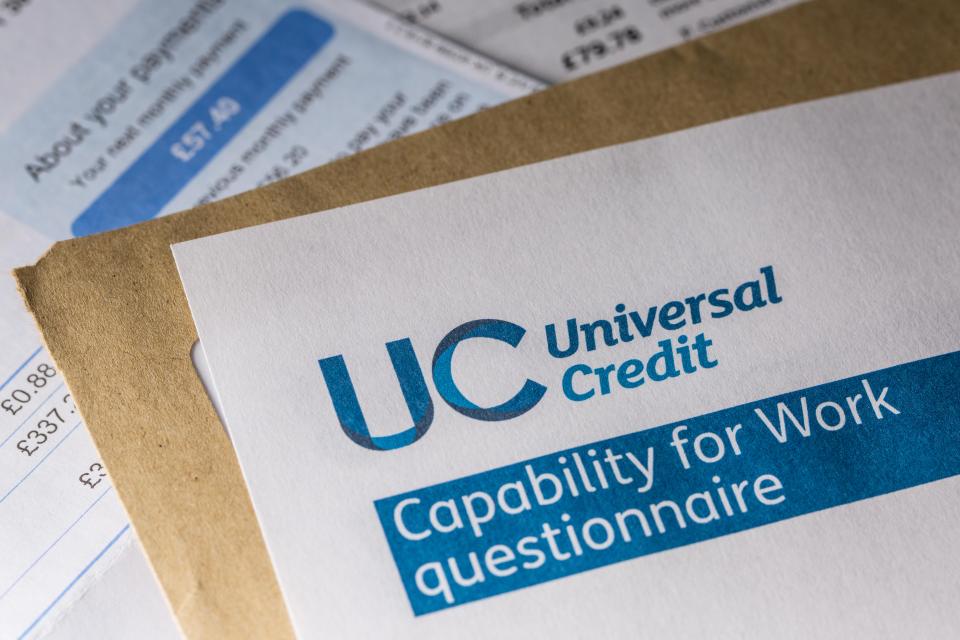UNIVERSAL Credit and other benefit dates will change in April – so it is important to know when you will recieve your cash.
There are two bank holidays this month which will impact when you get your payment.
Your usual payment date depends on when you first applied for Universal Credit and when your application date was approved.
That means that there is not a set date for every applicant.
Most people receive their payment seven days after the end of their initial assessment period.
You should receive the money the first working day before you were expecting to have been paid.
Those who are expecting to be paid on Good Friday, which falls on April 18 or Easter Monday, which falls on the April 21 will be paid on Thursday April 17.
This means you will not be left waiting for your payment over the long weekend.
As well as Universal Credit, 11 other benefits will be impacted the Easter holiday.
They are as follows:
- Attendance allowance
- Carer’s allowance
- Child benefit
- Disability living allowance
- Employment and support allowance
- Income support
- Jobseeker’s allowance
- Pension credit
- Personal independence payment
- State pension
- Tax credits (such as Working Tax Credit)
Even though you have been paid a few days earlier you will also have to make the money last until the following month.
If you think you were supposed to be paid, but the money has not landed in your account, it may be worth double-checking the dates.
If it is the case that the money has not been paid into your account you should get in contact with the DWP.
You can reach its Universal Credit helpline on 0800 328 5644.
It comes as the am mount people on Universal Credit will receive is set to rise this April.
For a single person aged 25 and over, the standard allowance will rise from £393.45 to £400.14.
Meanwhile, for joint claimants where one or both are 25 or over, the standard allowance will rise from £617.60 to £628.09.
Changes to Universal Credit
Universal Credit is replacing six benefits under the old welfare system, commonly called legacy benefits. They are:
- Working Tax Credit
- Child Tax Credit
- Income-based Jobseeker’s allowance
- Income support
- Income-related employment and support allowance
- Housing Benefit.
If you’re on any of these benefits now, you can choose to move over – but you might not be better off.
You should consider carefully what moving over means for your money, as you can’t move back once you’re on Universal Credit.
Using an online benefits calculator can help you compare and are free and easy to use from charities such as Turn2Us and EntitledTo, and it’s also worth asking them for advice.
You may be moved over to Universal Credit if you have a change in circumstances, like moving home, a change in working hours or having a baby.
But eventually, everyone will be moved over to Universal Credit.
Are you missing out on benefits?
YOU can use a benefits calculator to help check that you are not missing out on money you are entitled to
Charity Turn2Us’ benefits calculator works out what you could get.
Entitledto’s free calculator determines whether you qualify for various benefits, tax credit and Universal Credit.
MoneySavingExpert.com and charity StepChange both have benefits tools powered by Entitledto’s data.
You can use Policy in Practice’s calculator to determine which benefits you could receive and how much cash you’ll have left over each month after paying for housing costs.
Your exact entitlement will only be clear when you make a claim, but calculators can indicate what you might be eligible for.








